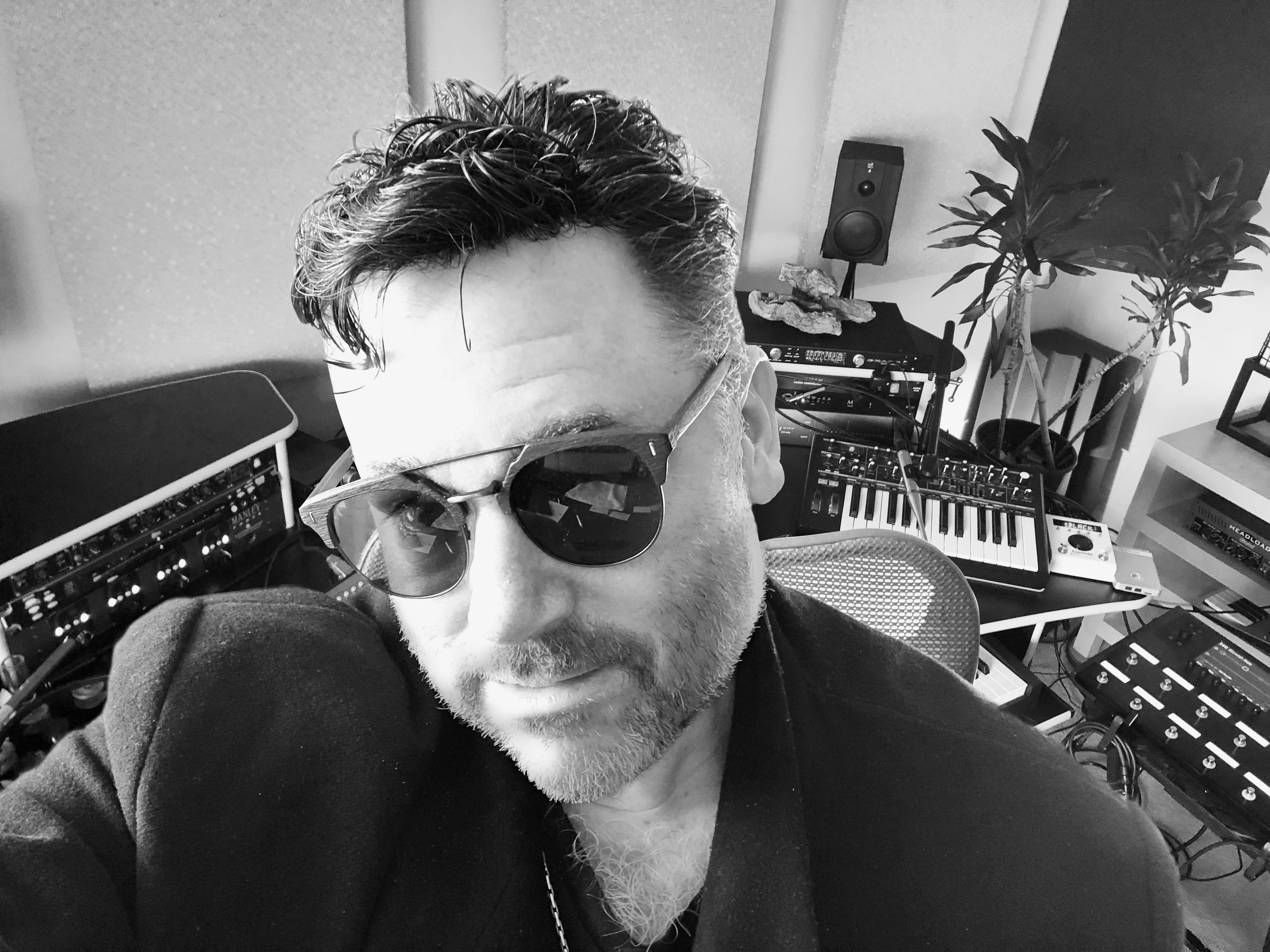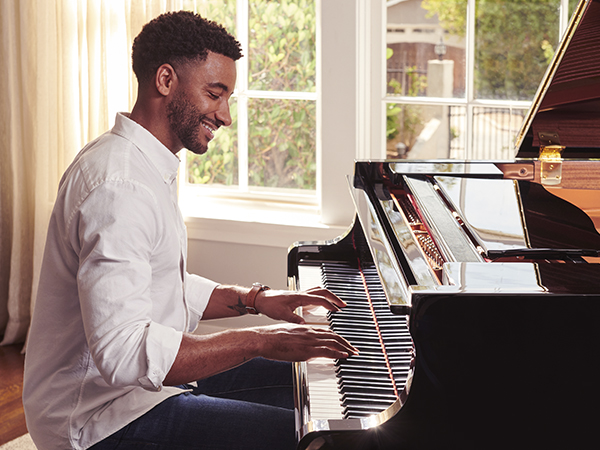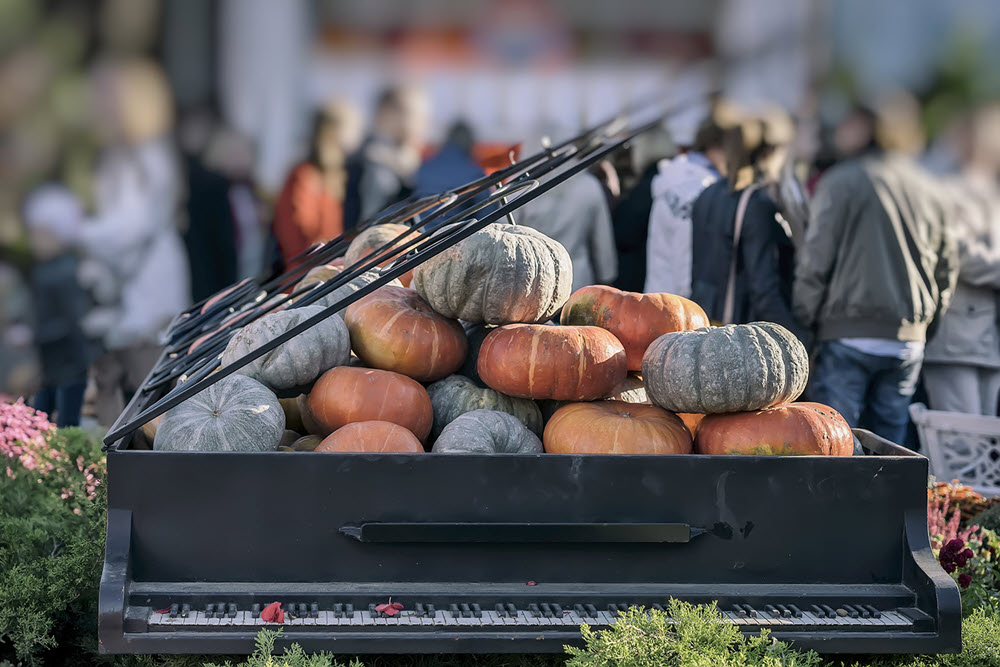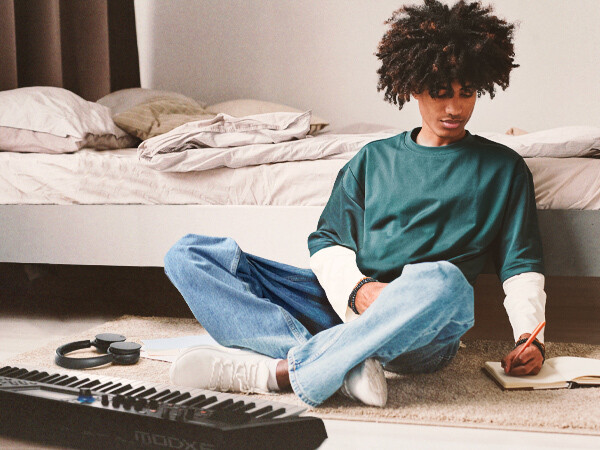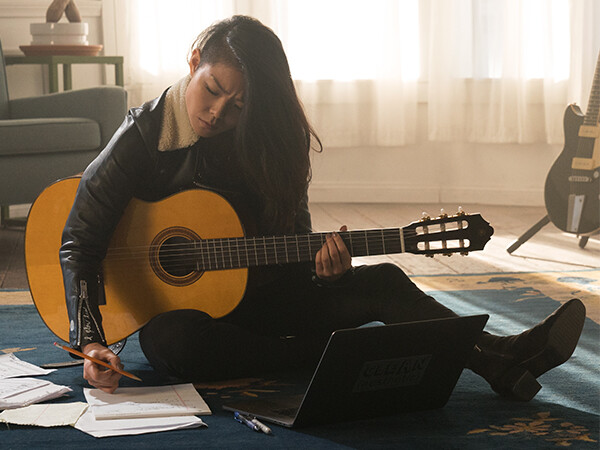The Importance Of Improvisation
This essential skill for musicians can have hidden benefits.
The first band I was ever in was your classic two-guitar, drum and bass lineup. We were all high school buddies, and none of us was a particularly good singer, so we simply learned the outlines of some basic songs by favorite artists, ranging from Jeff Beck and The Allman Brothers to Yes and King Crimson. From there, we used those outlines to jam, stretch and grow. We made up songs with weird chords, odd time signatures and unusual sounds from our instruments and amps.
Simply put, we improvised.
Time Well Spent
As we all went off to college, we stayed in touch with each other and, to this day, we still manage to find time to get together on occasion and jam. But all these years later, I’m still realizing how influential that development time was to me.
My work involves creating music for a wide variety of television shows, and I rarely if ever find myself at a loss to coax creative and interesting sounds out of my instruments and my computer. I attribute at least part of that to the time I put in learning how to improvise — how to work around chords, melodies, time signatures and song structures. What’s more, the ability to improvise not only informs my work as a composer, it also somehow finds its way into many of my daily activities, from running my business to the way I cook!
Surprised? I was too … until I began looking into the reasons why.
Training Affects The Brain
Recent research shows that long-term high level musical training has a broader impact than previously thought. In fact, musicians have an enhanced ability to integrate sensory information from hearing, touch and sight. In addition, the brain circuits involved in musical improvisation are shaped by systematic training, leading to less reliance on memory and more connectivity within the brain. Simply put, learning an instrument and how to improvise on it can have profound effects on our mind, body and spirit.
Always Be A Student
An article entitled “What Neuroscience Teaches Us About Fostering Creativity” notes that “technology is changing how students’ brains are wired, setting expectations for faster, more interactive learning, according to neuroscientist and best-selling author David Eagleman. And the most important thing that schools should be teaching students is “cognitive flexibility”: the ability to be creative and put ideas together in new and innovative ways.”
I feel that the art of improvisation is just that, with the ultimate goal of achieving a unique result. But that doesn’t mean you can tell your brain to just start creating. You have to work at it and it may not come easily. With that in mind, you should always try to be a student. Even if you have to school yourself, it’s valuable to absorb as much knowledge as you can, using the latest technologies and resources (including this blog). Having that knowledge tucked away in your back pocket allows you to push the boundaries of improvised creativity.
Bend, Break and Blend
“The unconscious brain is ruthlessly efficient,” Eagleman continues. “It is looking for the easiest path [to a solution]. You have to shake off that path.” And one of the ways to help push past that boundary, he suggests, is to do something called bend, break, blend — to practice changing objects or ideas to suit a different purpose, break them into smaller components and then blend or remix them to create new objects or ideas. This is something I do constantly to foster creativity. I find that I often have to take an idea and bend, break and blend it into something it wasn’t before I started.
For example, I might take a piano chord and reverse it in my DAW, then blend in a large amount of reverb and delay. From there, I might route it into a guitar amplifier plugin and add an unusual amount of distortion and edge. Voila! What may have started out as a nice piano chord for a travel documentary might now be better suited for a crime drama or police show — all because I was able to bend, break and blend it. And because I’ve taken the time to learn my craft, it becomes a skill I can use during improvisation.
It Isn’t Just About Music
As I mentioned earlier, learning how to improvise not only can help your music, it can enhance your life generally. In the kitchen, I tend not to follow recipes exactly when cooking. Instead, I use them as an outline, then add a dash of this and a sprinkle of that to bring my own flavors to the dish, based upon past experience of knowing which combinations will taste good and which won’t. I improvise daily in my business approach too. For example, I will prioritize a job that needs immediate attention over what I’m currently working on at the time, even though I may not feel like doing so.
It’s all about learning to go with the flow and knowing what will best help you get the end results in a timely and well thought-out fashion. Don’t get frustrated if it doesn’t just happen. Push through the challenges and know that new ideas will come out of your hard work. Believe me, it’s worth it.









